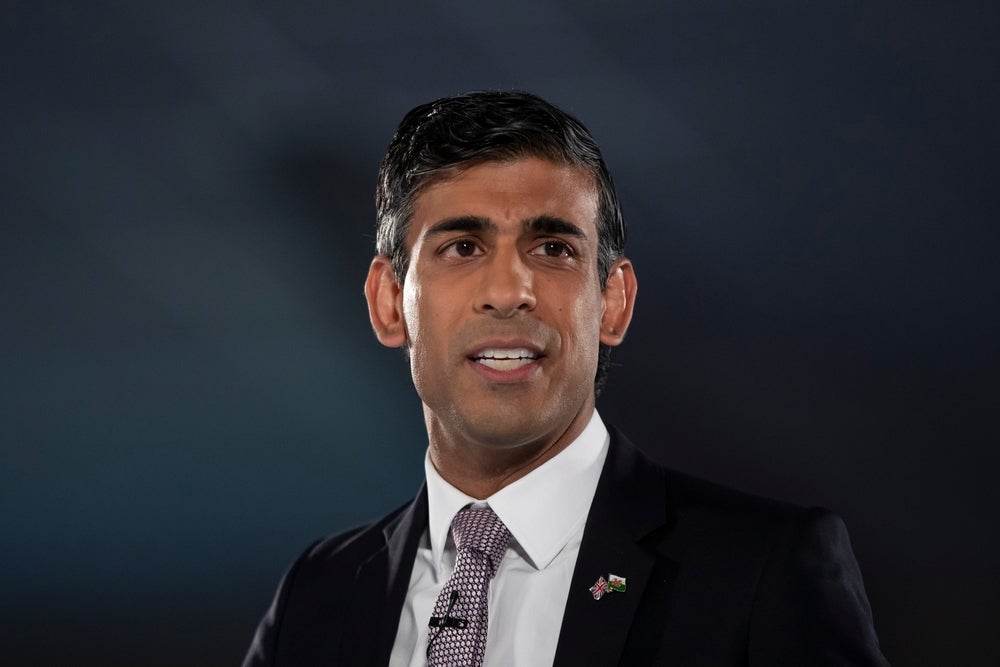
Licences for new oil and gas projects in the UK North Sea are set to be awarded annually and require net-zero checks under a bill set to be formally announced in the King’s Speech on Tuesday.
Currently, there is no fixed time frame for licensing rounds. The new legislation, which will require the UK’s North Sea Transition Authority (NSTA) to invite applications for new oil and gas production licences on an annual basis, will provide “certainty and confidence” to investors and industry, Downing Street said in a press statement on Sunday.
The bill will also require new licensing rounds to meet certain net-zero requirements, assessed in the form of two tests. The first test is that the UK must be projected to import more oil and gas from other countries than it produces at home. The second is that the carbon emissions associated with the production of UK gas are lower than the equivalent emissions from imported liquefied natural gas. If both requirements are met, the NSTA will then be required to invite applications for new licenses every year.
The statement from Downing Street also reiterated Prime Minister Rishi Sunak’s controversial stance on fossil fuels; that the UK is currently reliant on oil and gas and will “continue to rely on oil and gas” even after the country reaches net zero in 2050, going against calls from various official bodies including the UN, the International Renewable Energy Agency and the International Energy Agency to immediately begin a rapid global phase out of non-renewable energy sources.
Sunak insisted that the UK remains a “world leader” in reducing emissions.
“Domestic energy will play a crucial role in the transition to net zero, supporting jobs and economic growth, while also protecting us from the volatility of international markets and diversifying our energy sources. The clarity and certainty that our new legislation will provide will help get the country on the right path for the future,” he said.

US Tariffs are shifting - will you react or anticipate?
Don’t let policy changes catch you off guard. Stay proactive with real-time data and expert analysis.
By GlobalDataShadow Climate Secretary Ed Miliband said that the plan to mandate annual licensing rounds was unnecessary. “This proposed bill is a stunt which does nothing to lower bills or deliver energy security. We already have regular North Sea oil and gas licensing in Britain, and it is precisely our dependence on fossil fuels that has led to the worst cost of living crisis in generations.
“All this stunt of a bill tells you is that this is a government that is bankrupt of any ideas, and Rishi Sunak is continuing with his retreat from net zero as part of a desperate political strategy,” he added.
Sunak came under fire in July when he first announced plans to award “at least 100” new oil and gas licences in the North Sea. Since then, the Prime Minister has faced a serious backlash from opposition Members of Parliament, environmental campaign groups and members of his own Conservative Party for significantly watering down the UK’s climate commitments.
Major industry players, most notably in the motor industry, expressed dissatisfaction with Sunak’s September U-turn on the UK’s target to ban combustion engine vehicles. The Prime Minister also pushed back commitments to phasing out gas boilers in favour of electric heat pumps, sparking outcry from industry experts and campaign groups.



